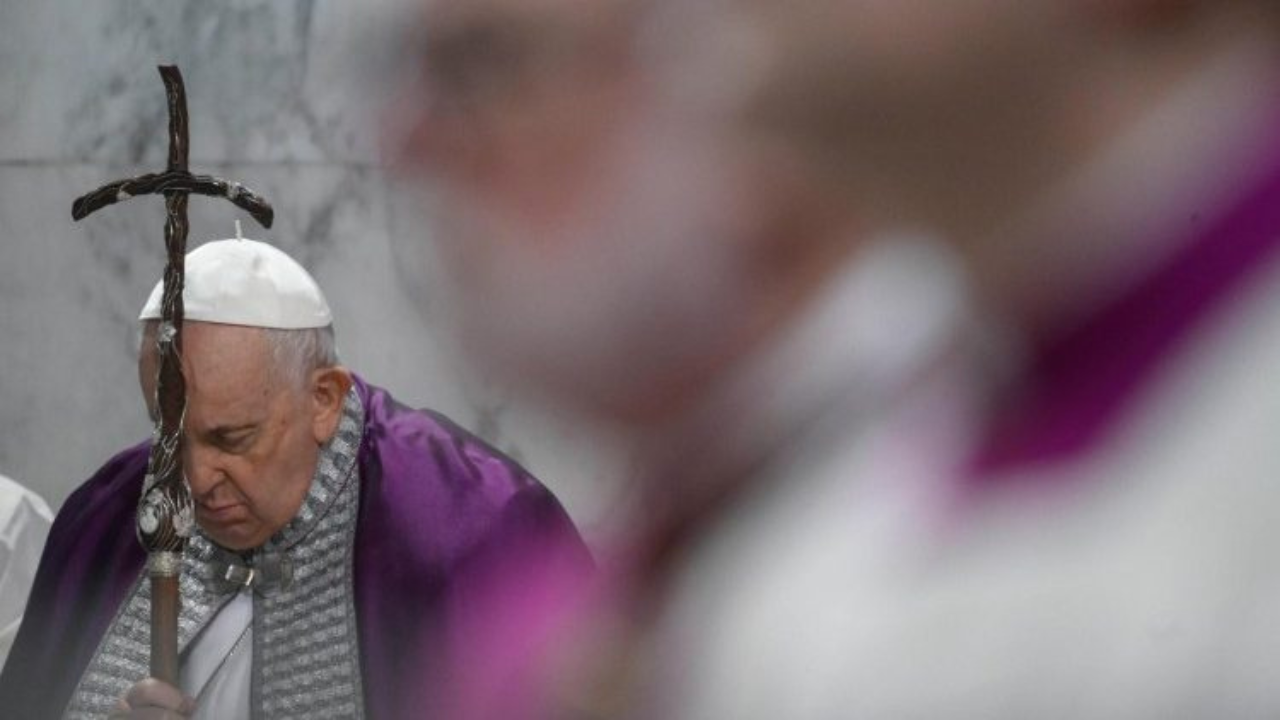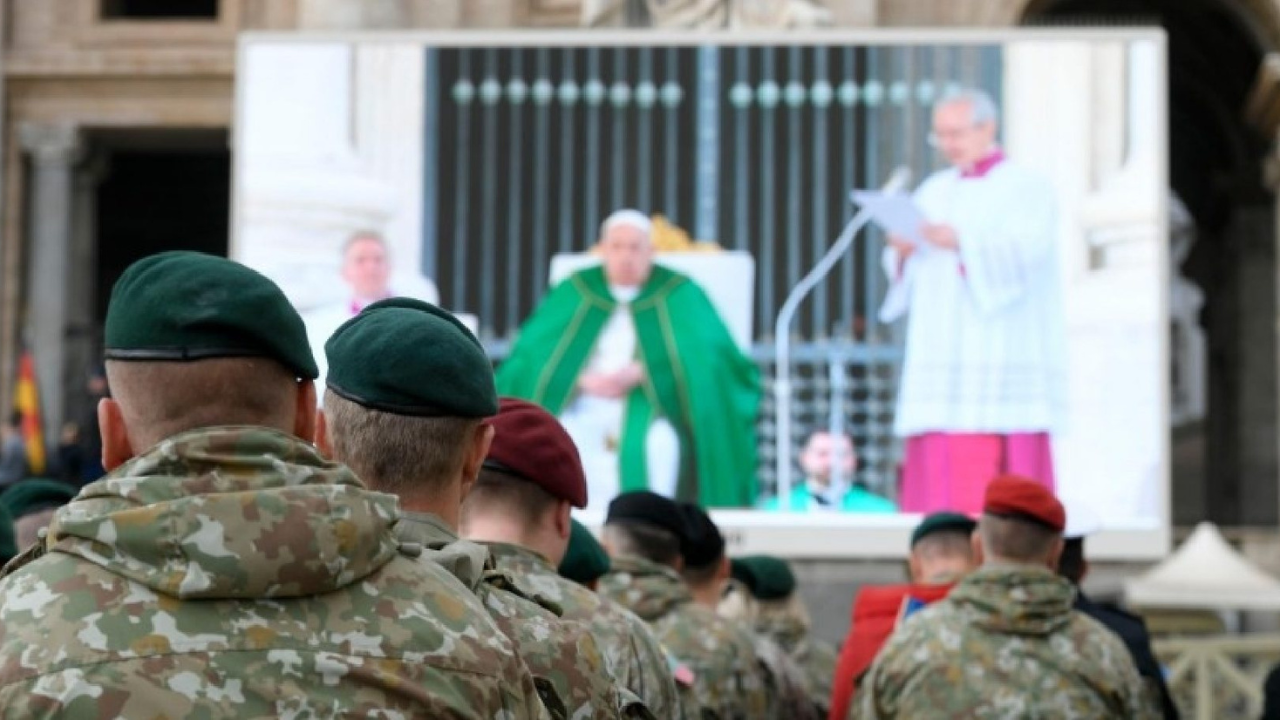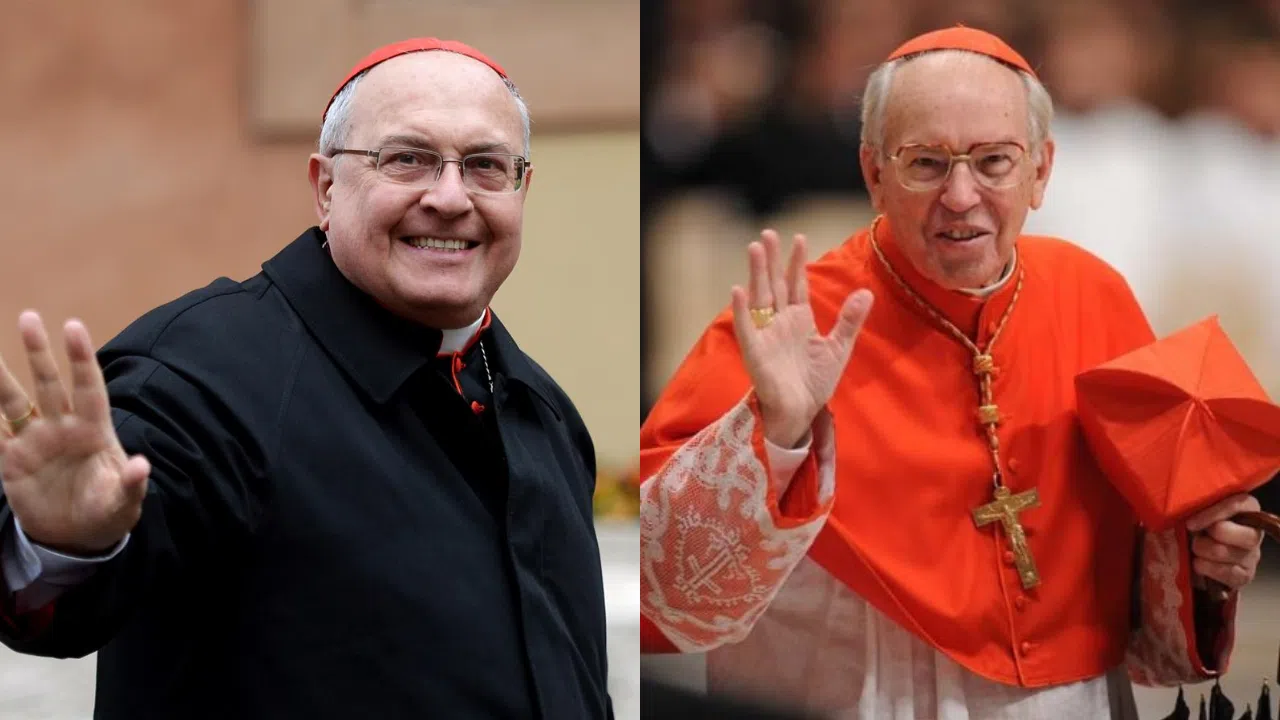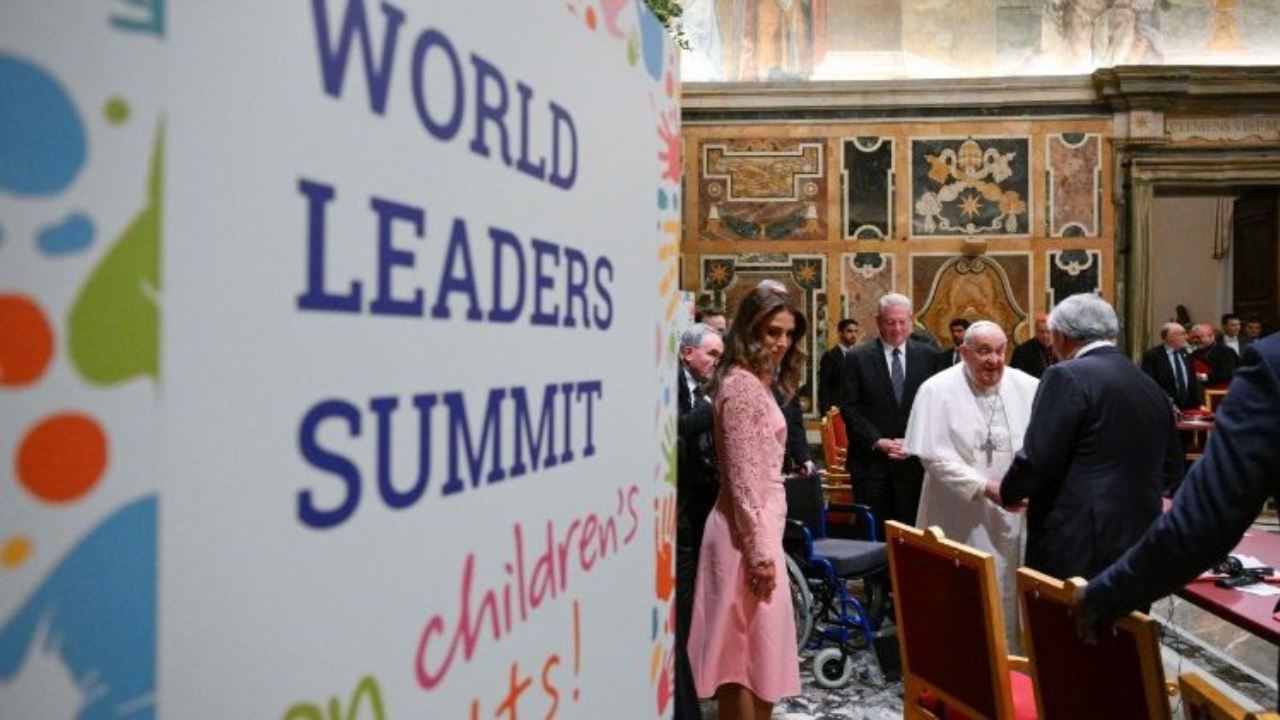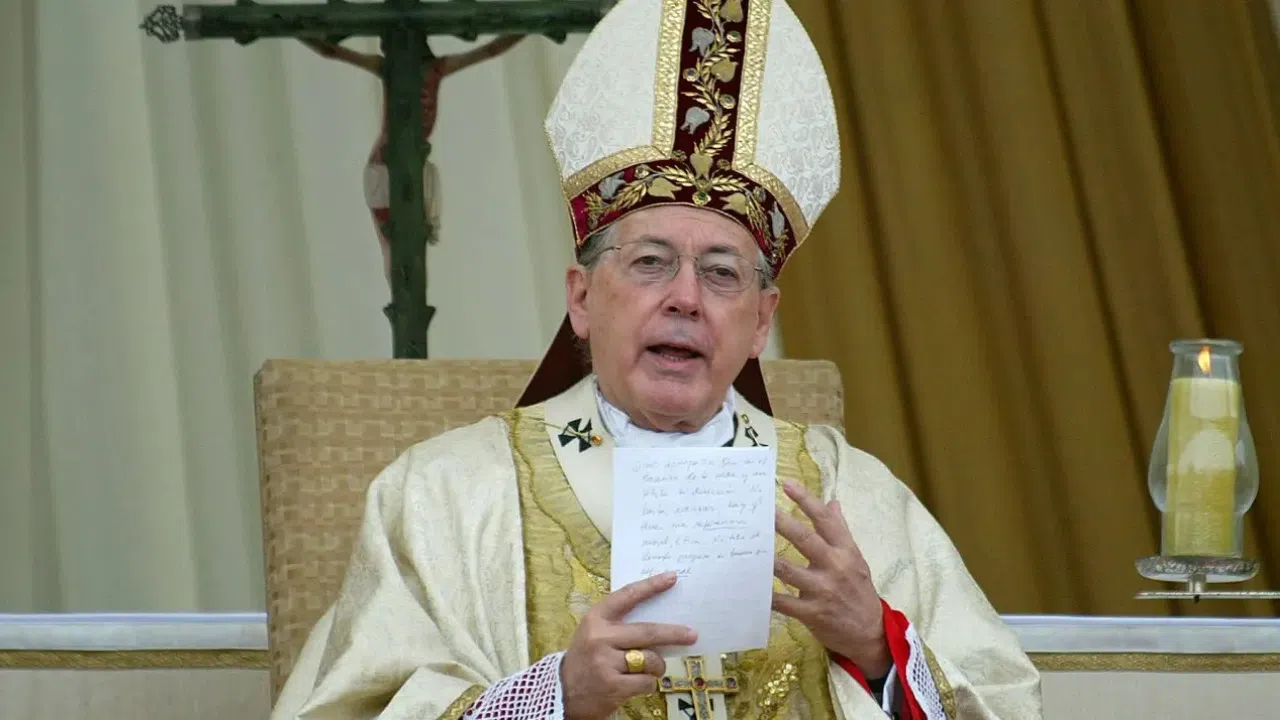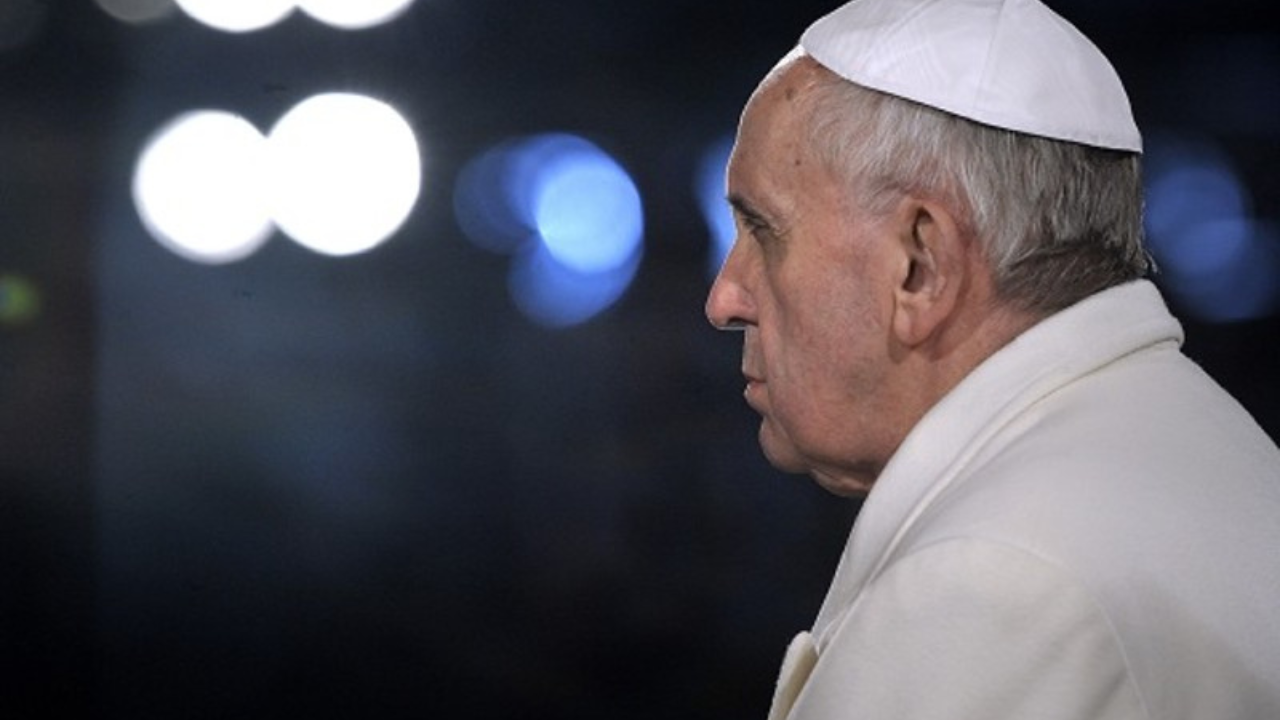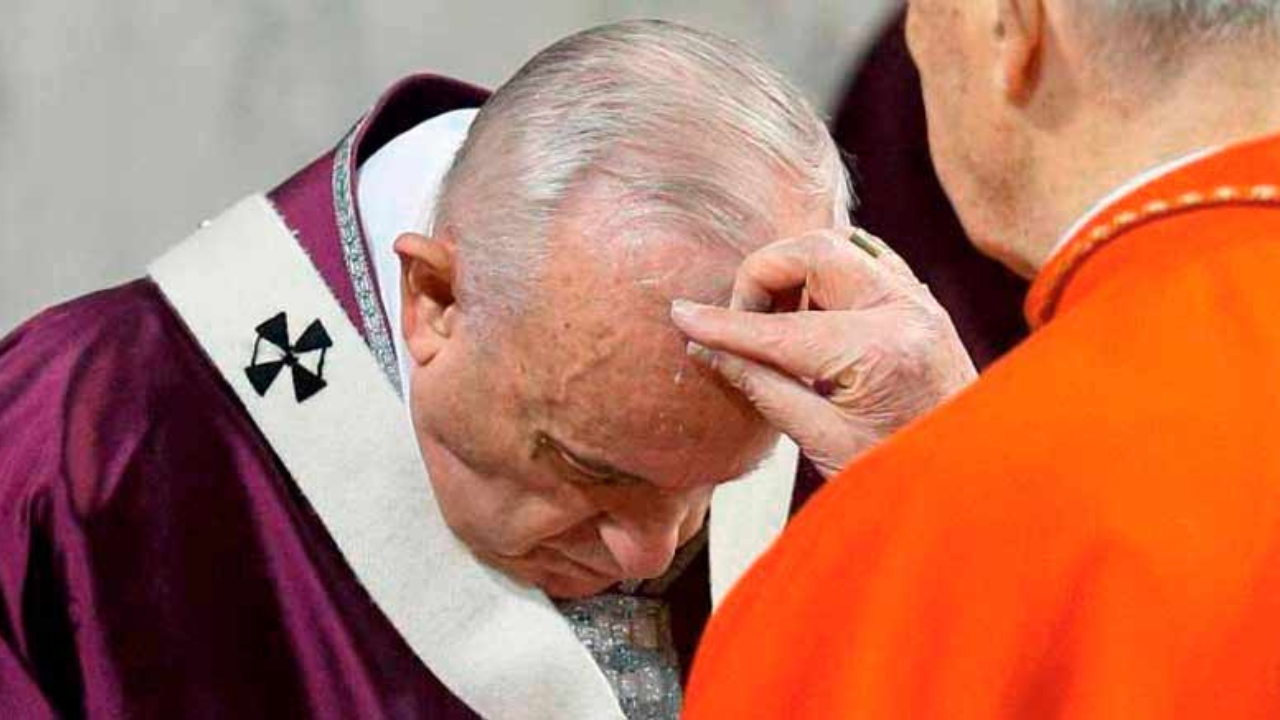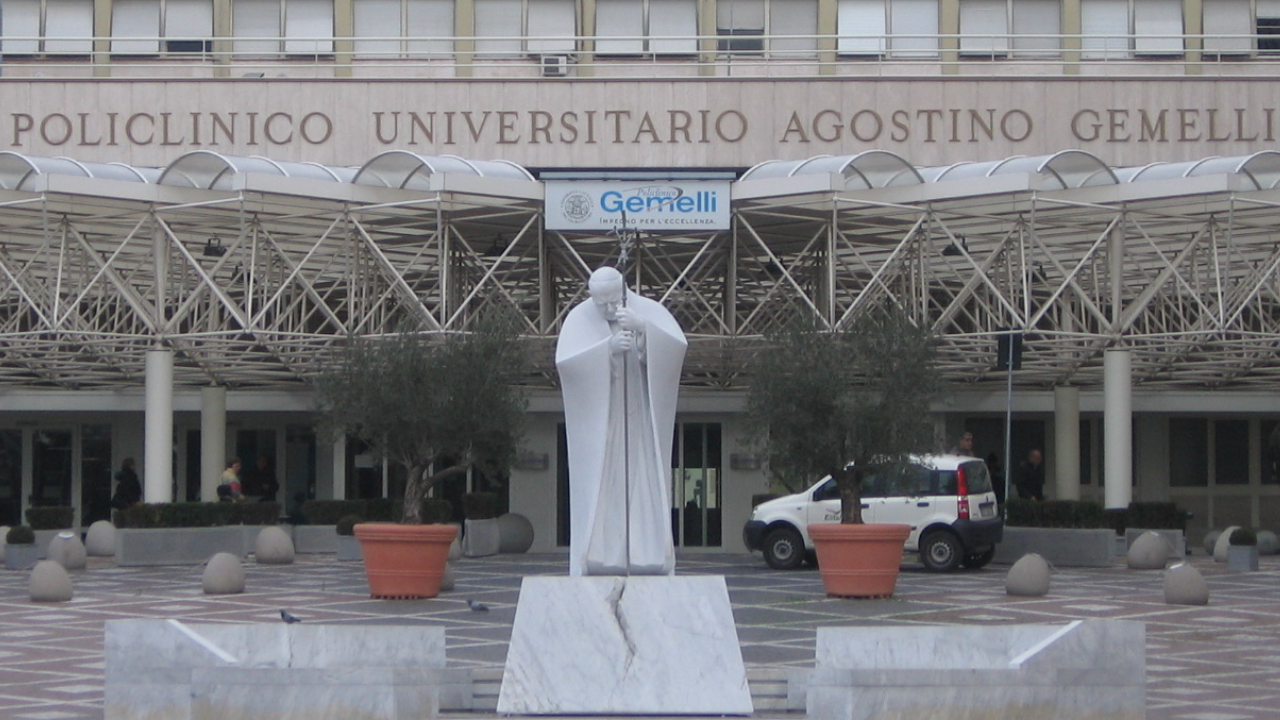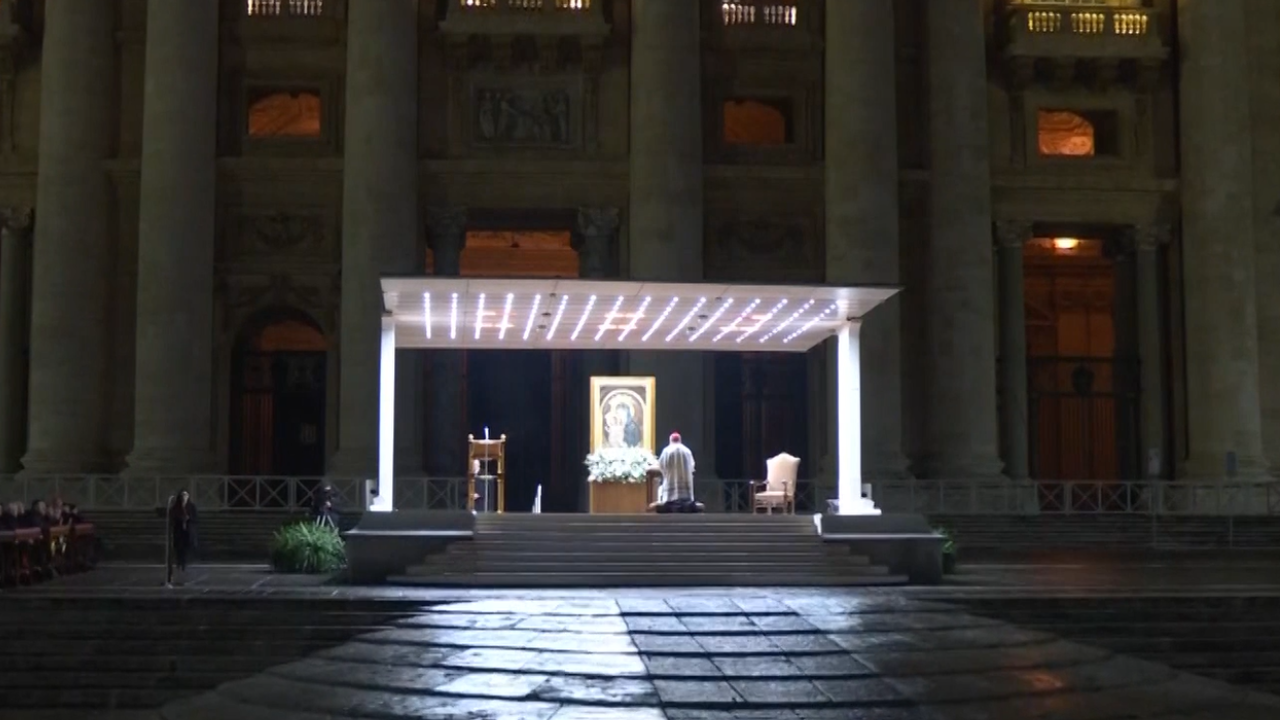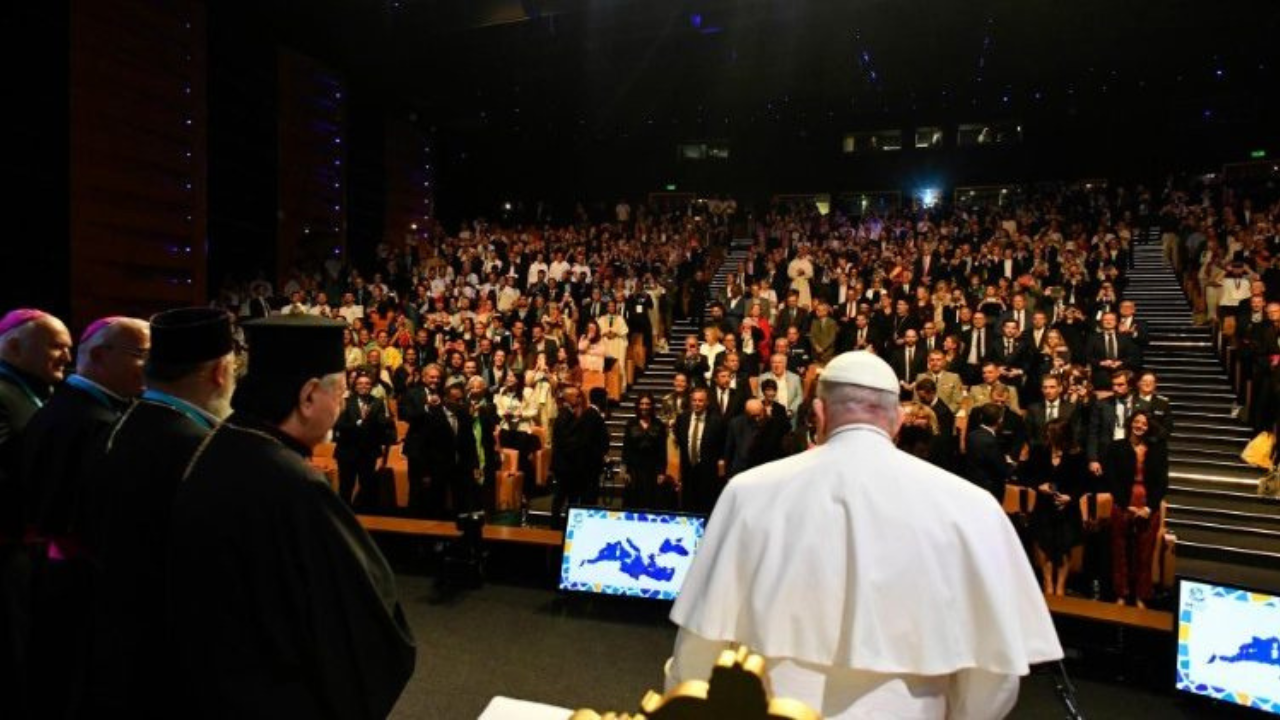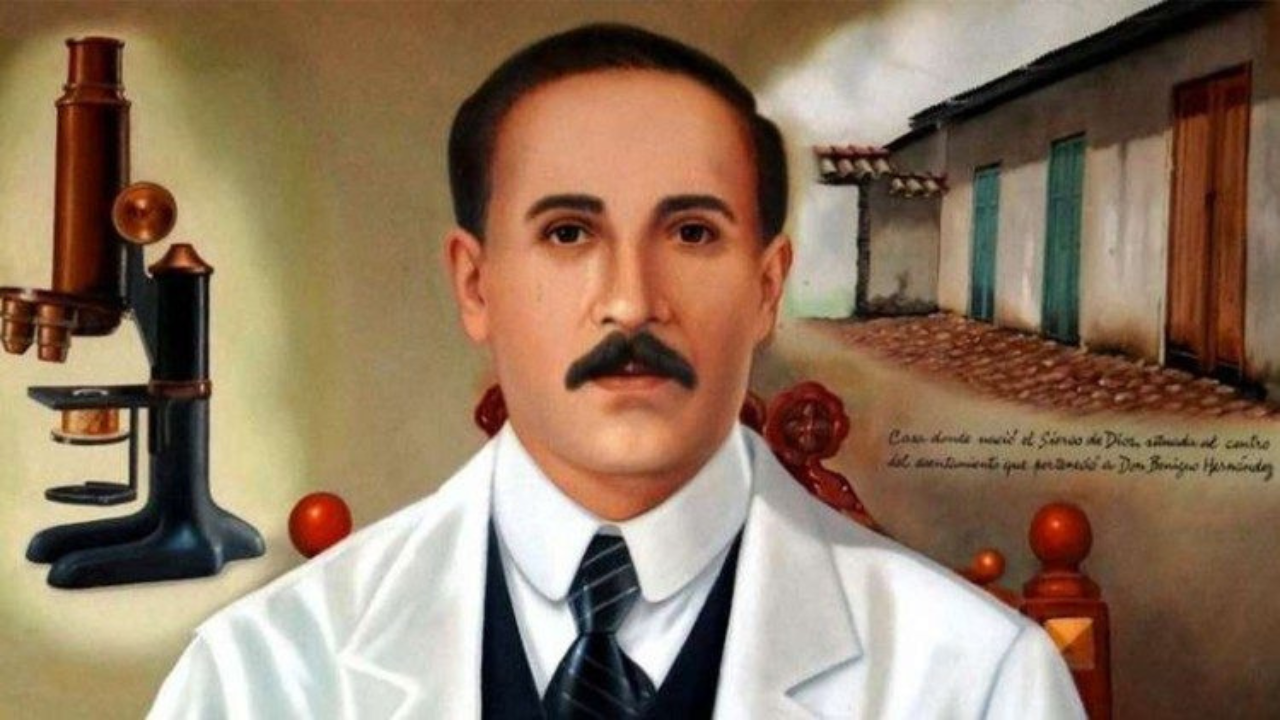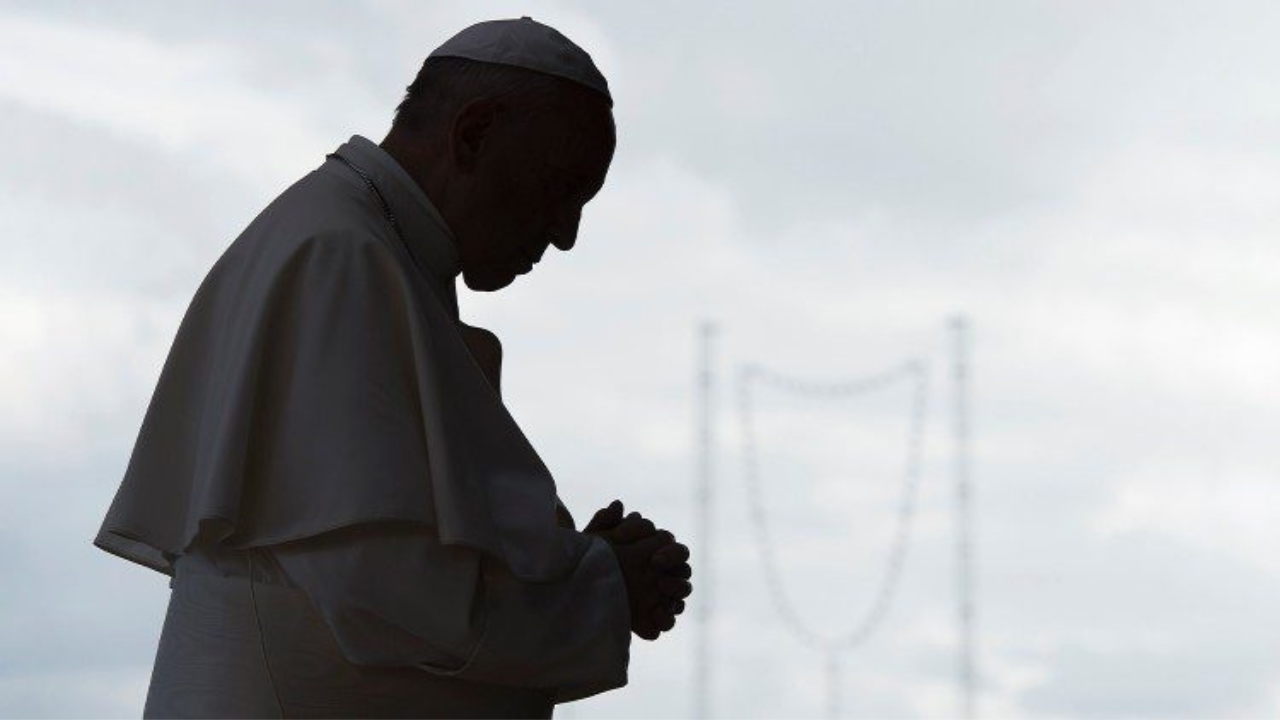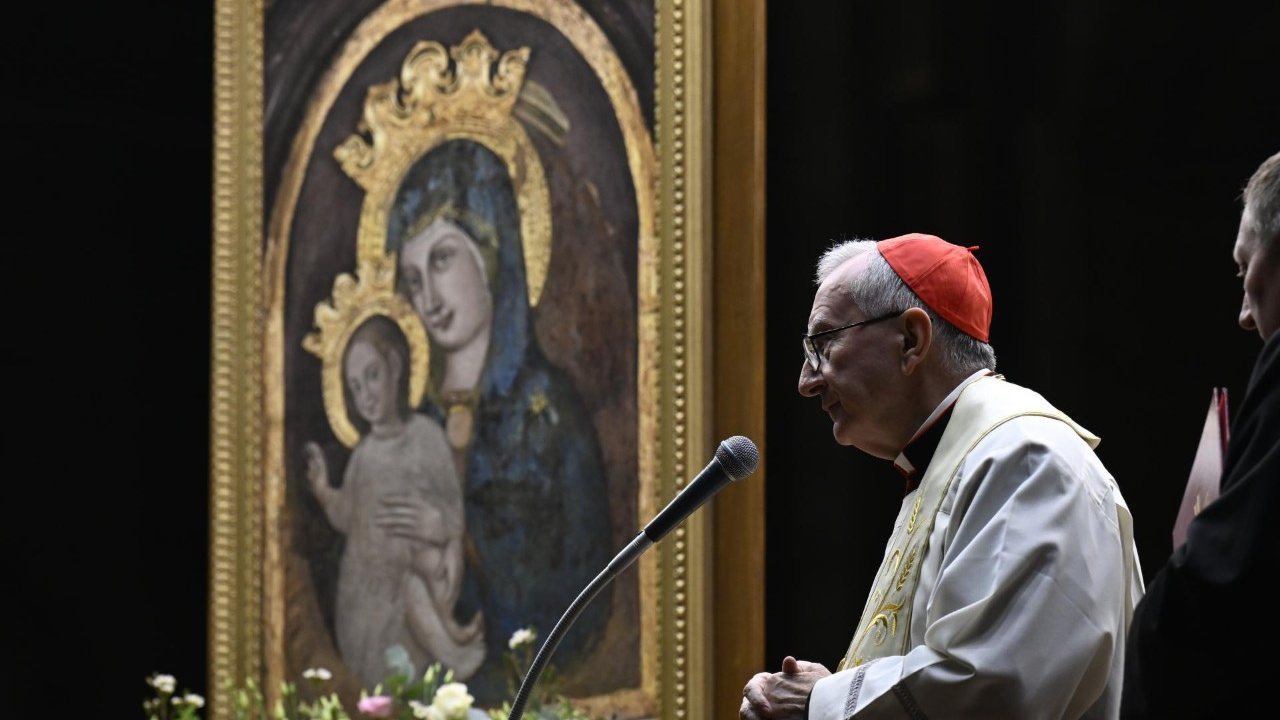After nine years of work, the Vatican presented the reform of the Curia. The text puts in writing the style that Pope Francis has envisioned for the Church throughout his pontificate. The changes outlined in the document will go into effect on June 5.
Among the great novelties of this Apostolic Constitution is the creation of a new dicastery for Evangelization, which merges the Congregation for the Evangelization of Peoples and the Pontifical Council for the New Evangelization. This new dicastery will carry a lot of weight, and will be presided over by the Pope himself. He will be assisted by two pro-prefects.
Another novelty is that the Office of Papal Charities will become the Dicastery for the Service of Charity. It is currently presided over by Cardinal Krajewski, who traveled to Ukraine in recent days.
The new Constitution establishes that any member of the faithful can preside over a dicastery, which opens the door for lay men and women to hold more important positions within the Curia. This is in line with the changes that have been made in recent years.
The new Constitution also seeks to curb the bureaucratization of the Curia. Religious or consecrated persons who work there will be able to do so for a maximum of five years. If their superiors agree, they can be renewed for a maximum of another five-year period.
It’s the new face of a more outward-looking Church, which prioritizes evangelization and looks for the most effective words and works of mercy. In any case, the Pope points out that if there is no interior reform, the text will be of little use.

